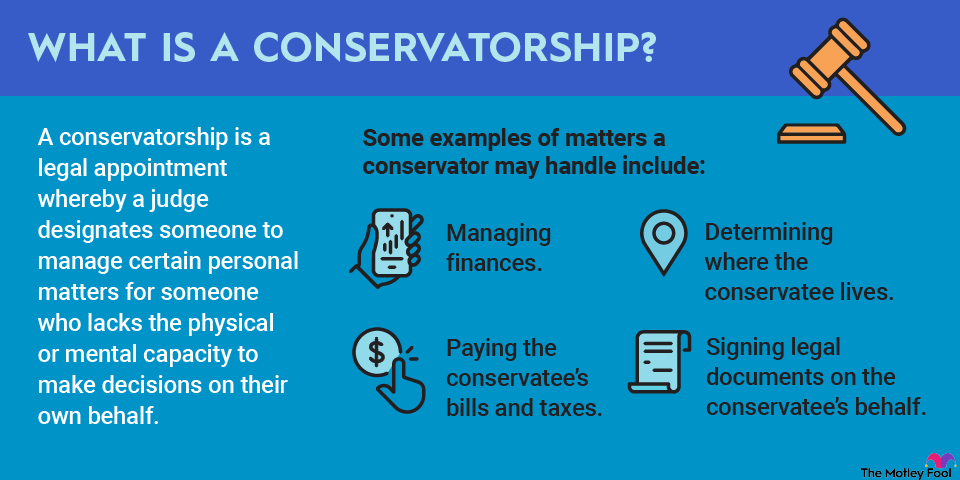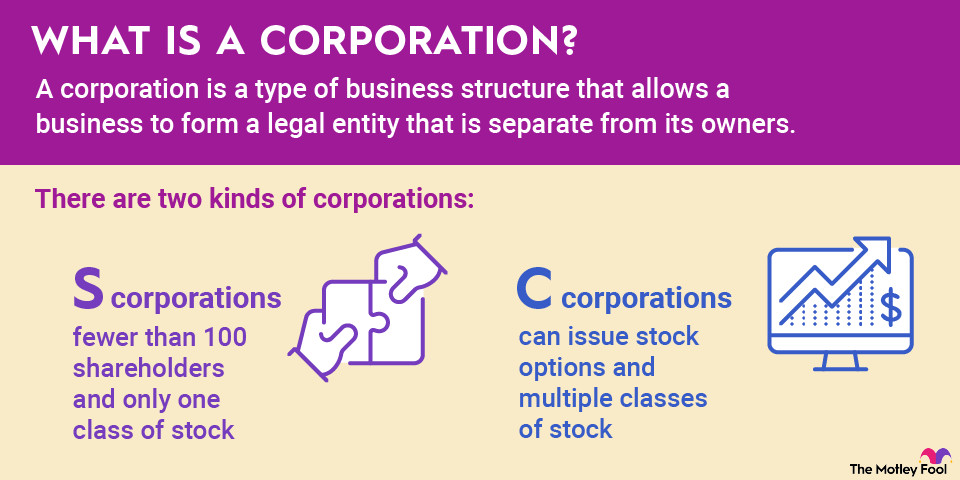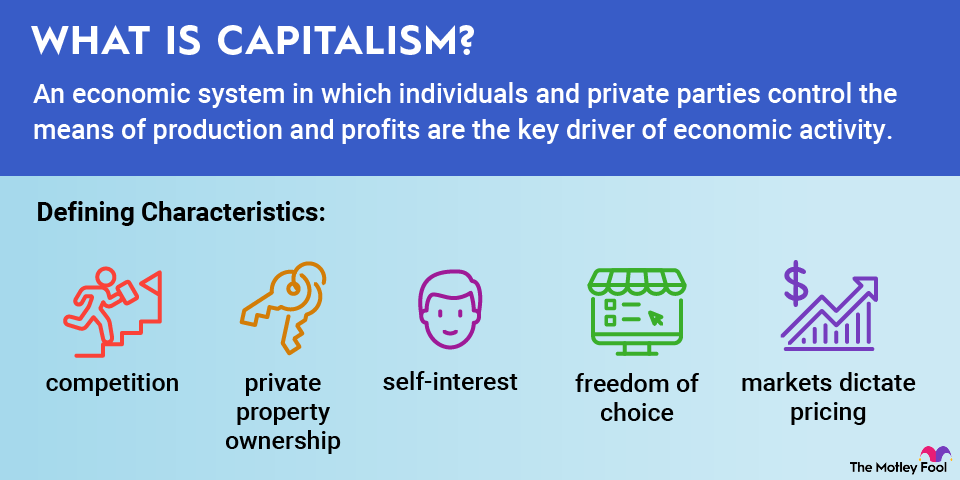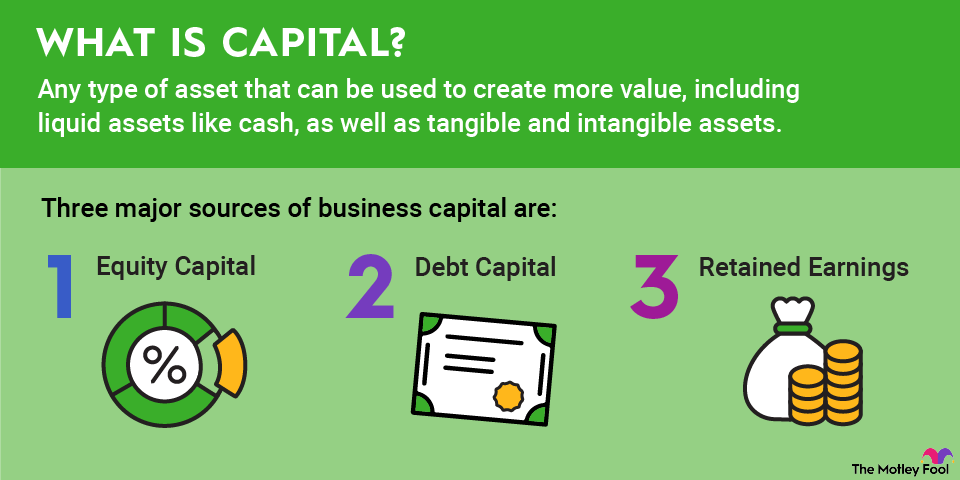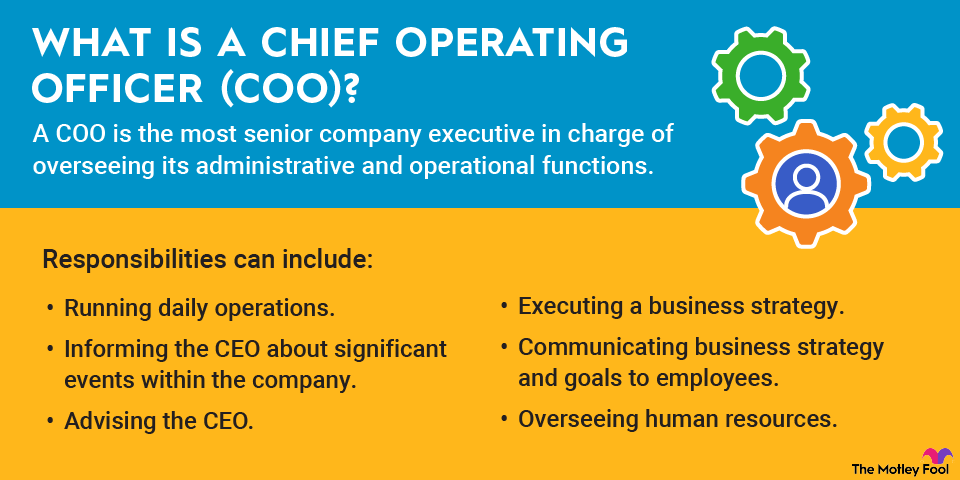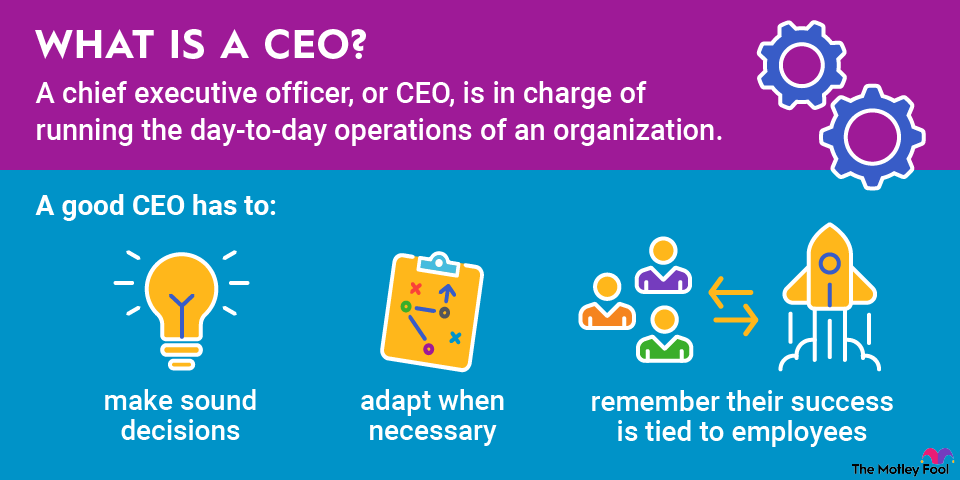The C-Suite of a company features the individuals who have the most important roles in the daily operations of the business. When the organization is responsible for or controls investment portfolios, this group of high-level executives should include a chief investment officer. The role of a chief investment officer (CIO) is wide ranging, but crucial to ensure that the business makes wise investments and upholds its corporate obligations to shareholders.
Read on to learn what a chief investment officer is, what this role entails, why investors should care, and more.

What is a chief investment officer?
The chief investment officer manages a company's investment activities, as well as its overall investment strategy. This job may involve numerous functions depending on the nature of the individual role and the size and scale of the organization. Any company with a portfolio of assets -- which may include private equity investments, public equity investments like stocks, real estate, and fixed-income assets, to name several examples -- may need a chief investment officer. Companies involved in the finance, insurance, and banking sectors all typically have a chief investment officer serving in the C-suite.
Multinational conglomerates, universities, nonprofit organizations and other companies that control investments in tangible or intangible assets will also usually have a chief investment officer. The individuals who occupy these roles typically have an extensive background in finance and economics. The chief investment officer must manage challenges in the public and private markets while leveraging effective solutions to successfully manage the risks and returns of the company's investments.
Why is a chief investment officer important?
The role of a chief investment officer is important in numerous types of public and private organizations because this person handles a variety of aspects associated with portfolio management. This can entail actively researching and selecting the investments of the company or delegating these actions to a team of investment managers whom they oversee but who make day-to-day portfolio decisions.
The chief investment officer is responsible for establishing the company's investment processes, making investment recommendations, selecting members of the asset management team, and overseeing the allocation of assets to build the company's wealth and profitability with time. This individual must have extensive knowledge of all asset classes and investment products, as well as optimal return generation strategies.
The chief investment officer must oversee capital allocation towards investment activity that moderates risk exposure while maximizing profits for stakeholders. Although the chief investment officer's asset allocation strategy may adhere to guidelines established by the board of directors, this role may also be the ultimate arbiter of striking a balance between an aggressive or conservative strategy for the entity. A company's chief investment officer should be an effective communicator with strong leadership abilities and analytical skills.
